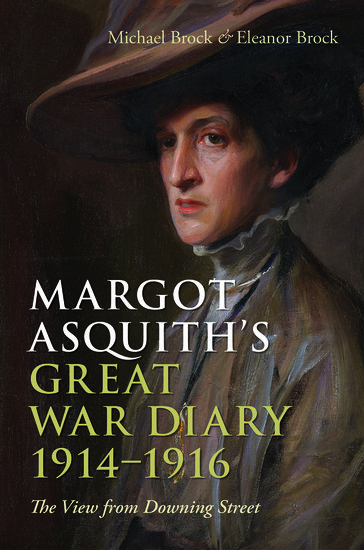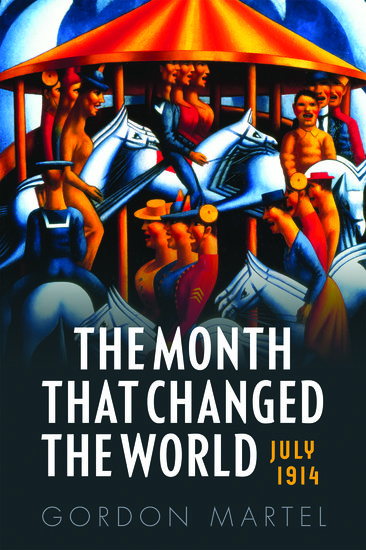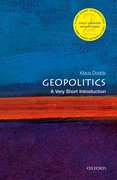Margot Asquith’s Great War diary
Margot Asquith was the opinionated and irrepressible wife of Herbert Henry Asquith, the Liberal Prime Minister who led Britain into war on 4 August 1914. With the airs, if not the lineage, of an aristocrat, Margot knew everyone, and spoke as if she knew everything, and with her sharp tongue and strong views could be a political asset, or a liability, almost in the same breath.








